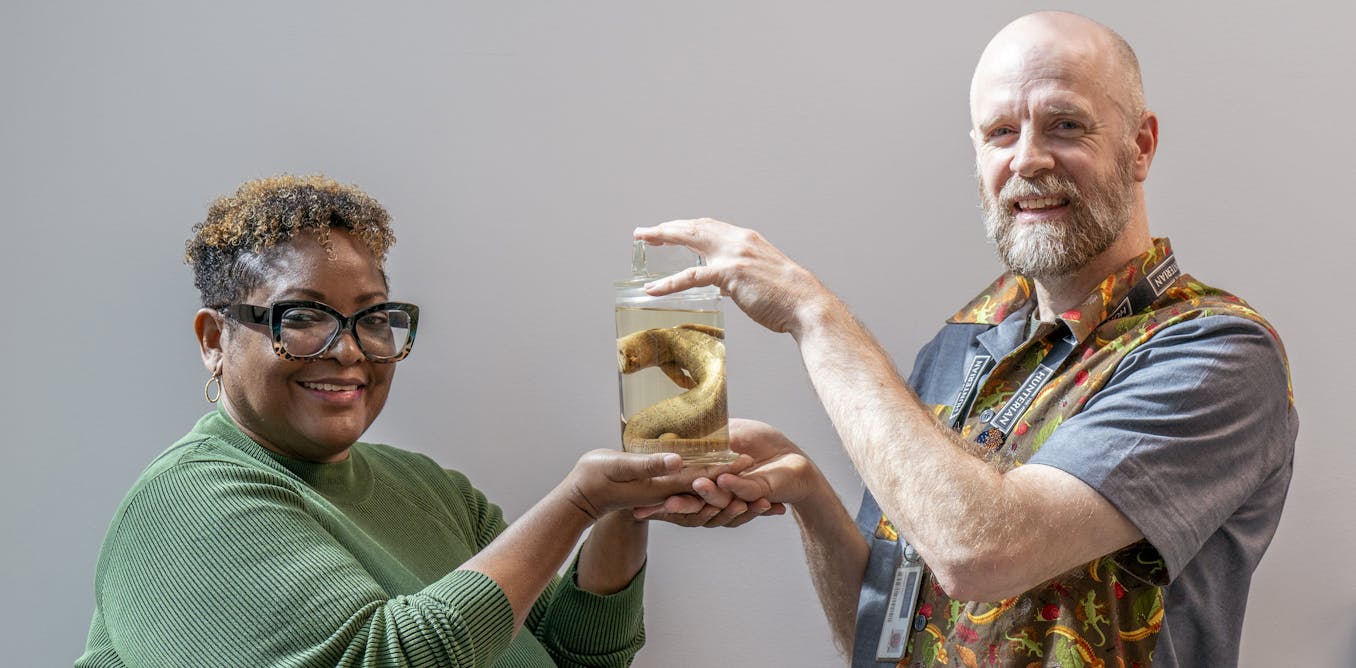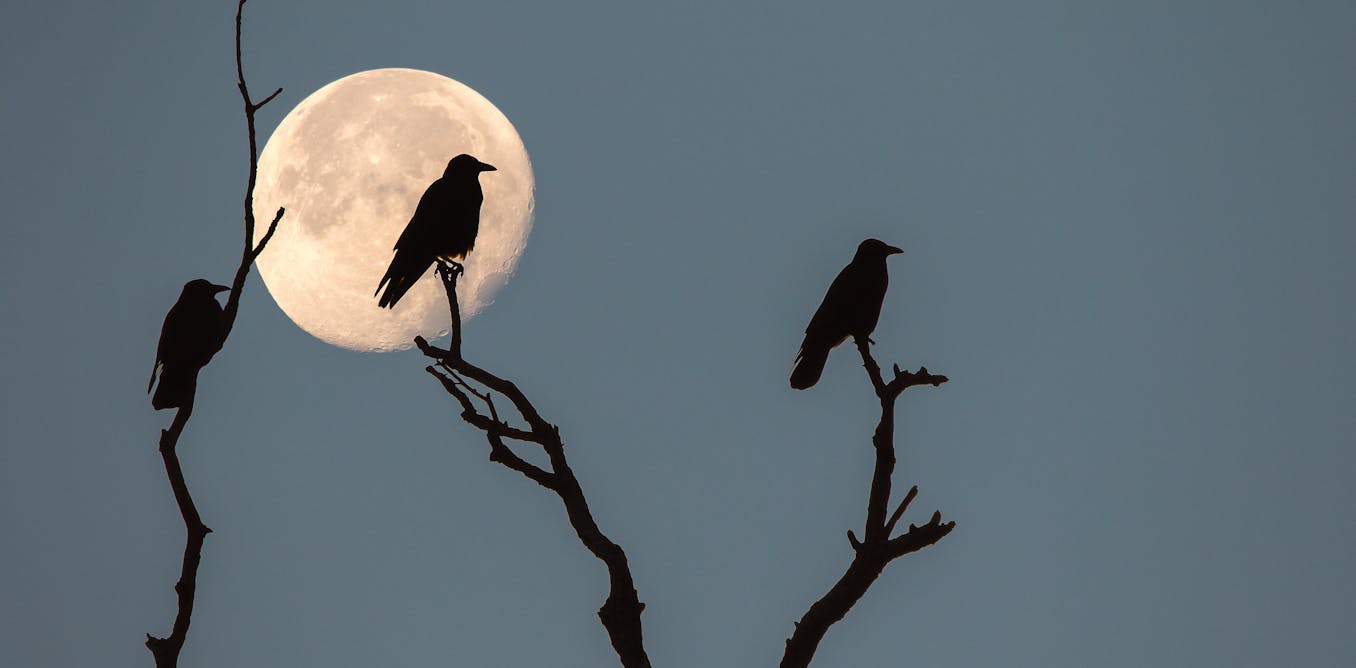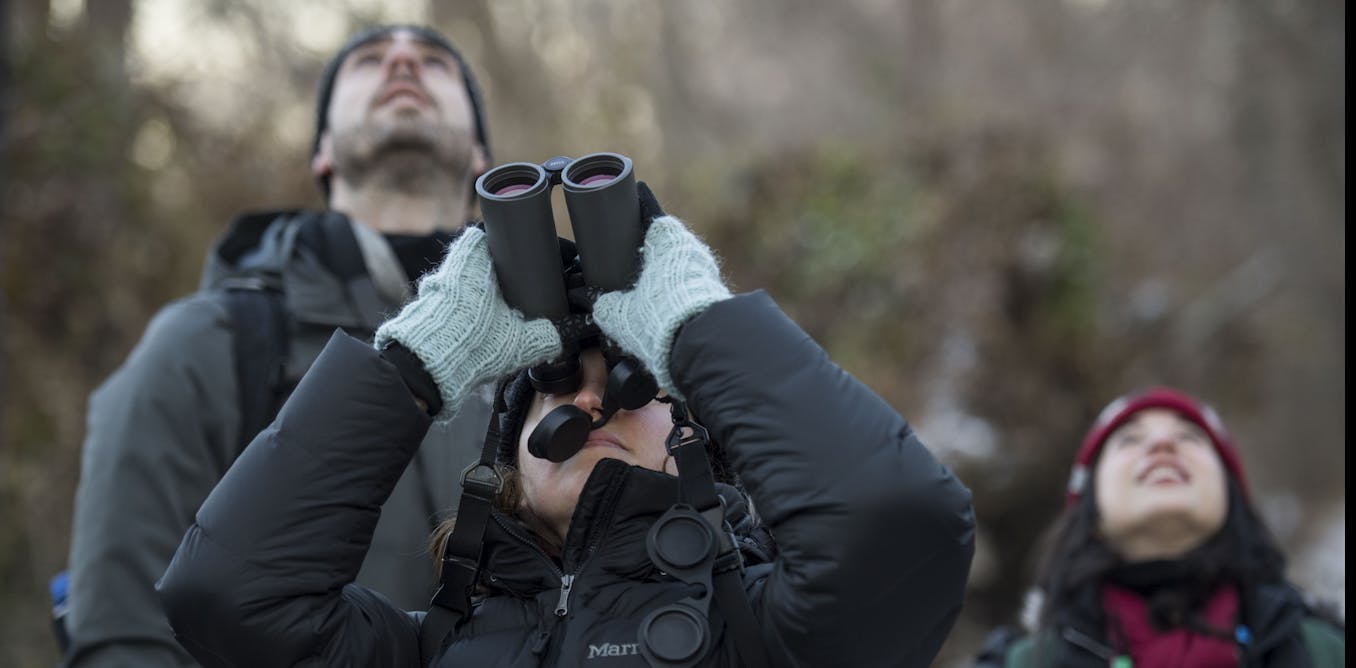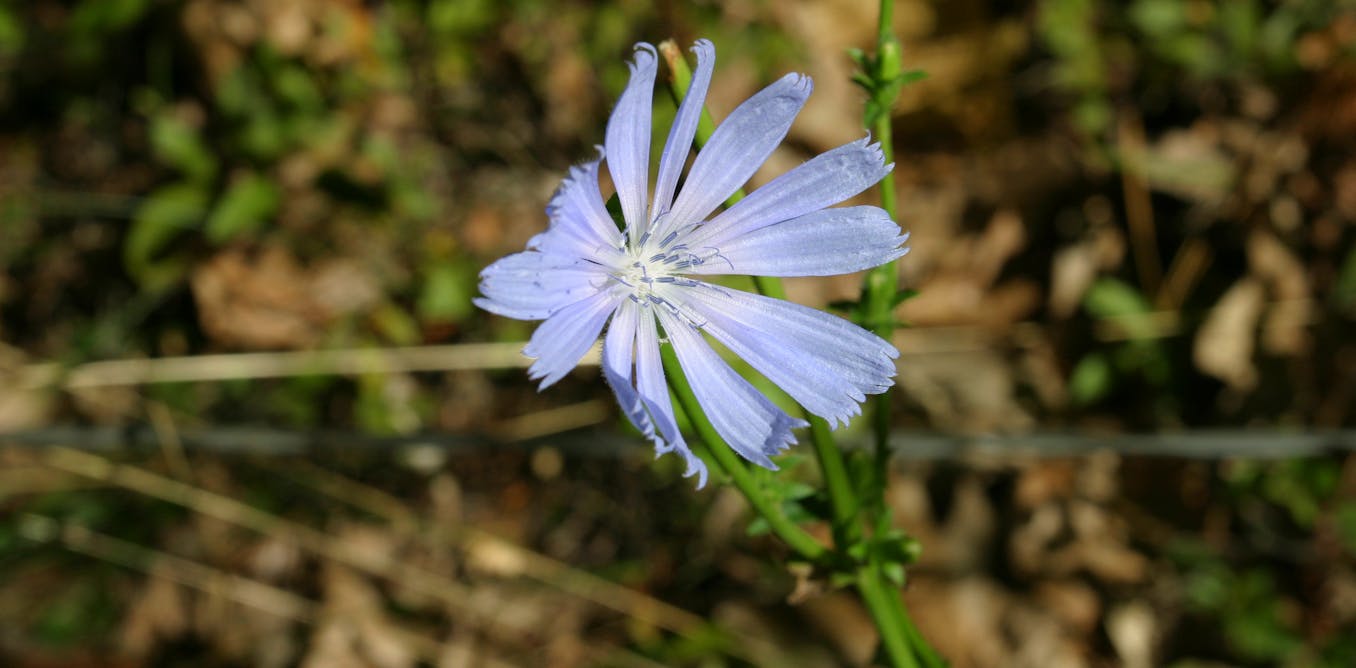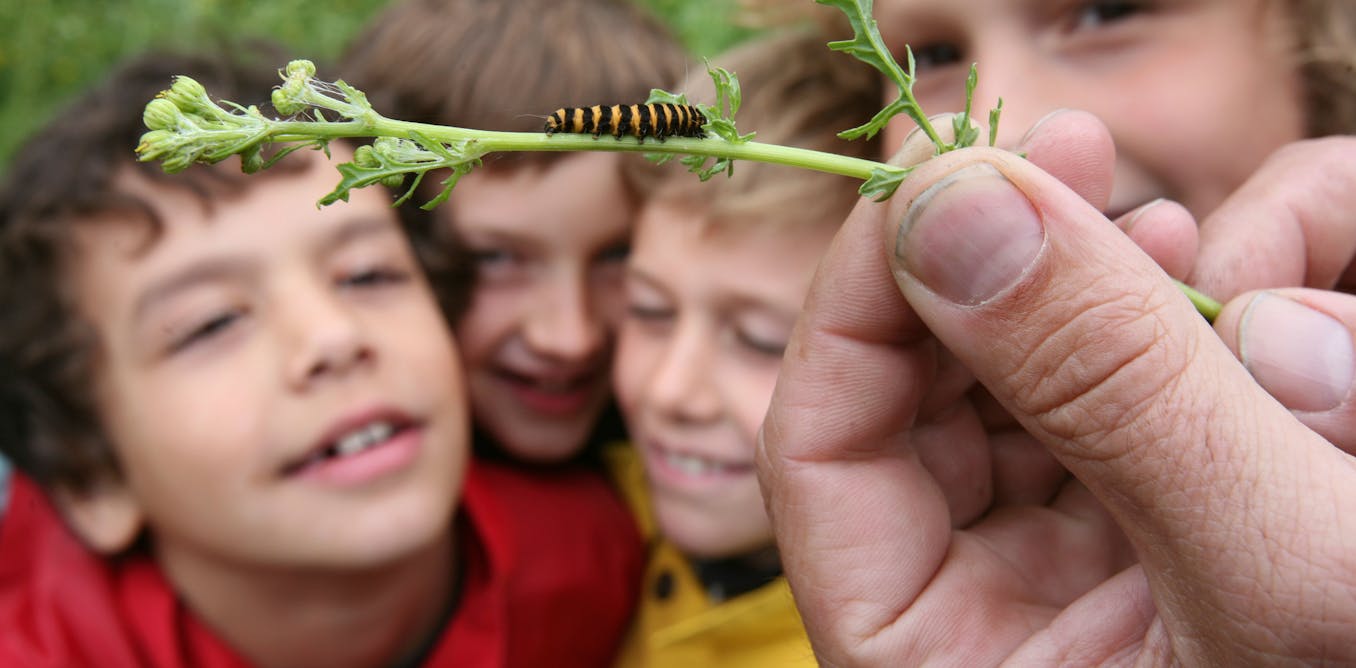Ferns and flowers bribe helpful ant defenders with nectar, but ferns developed this ability much later – our study shows why
Ferns have evolved a mutually beneficial relationship with ants, but this happened late in their evolution. A recent study shows that old dogs can learn new tricks.
Jacob S. Suissa, Assistant Professor of Plant Evolutionary Biology, University of Tennessee •
conversation
June 20, 2024 • ~6 min
June 20, 2024 • ~6 min
Returning a 170-year-old preserved lizard to Jamaica is a step toward redressing colonial harms
Not all reparations involve money. Returning unique scientific resources is also a way of showing respect and righting past harms.
Thera Edwards, Lecturer in Geography and Map Curator, The University of the West Indies •
conversation
June 3, 2024 • ~11 min
June 3, 2024 • ~11 min
RSPB at 120: the forgotten South American pioneer who helped change Victorian attitudes to birds
A group of determined women founded the RSPB, but they had great support behind the scenes by a little-known Argentinean naturalist.
S. James Reynolds, Assistant Professor in Ornithology and Animal Conservation, University of Birmingham •
conversation
Feb. 27, 2024 • ~7 min
Feb. 27, 2024 • ~7 min
How colonial violence in Tasmania helped build scientists' reputations and prestigious museum collections
New research shows the uncomfortable and shocking truth behind a revered scientist’s reputation.
Jack Ashby, Assistant Director of the University Museum of Zoology, Cambridge, University of Cambridge
• conversation
Nov. 29, 2023 • ~6 min
Nov. 29, 2023 • ~6 min
By fact-checking Thoreau's observations at Walden Pond, we showed how old diaries and specimens can inform modern research
Journals, museum collections and other historical sources can provide valuable data for modern ecological studies. But just because a source is old doesn’t make it useful.
Richard B. Primack, Professor of Biology, Boston University •
conversation
Oct. 26, 2022 • ~10 min
Oct. 26, 2022 • ~10 min
/
2





